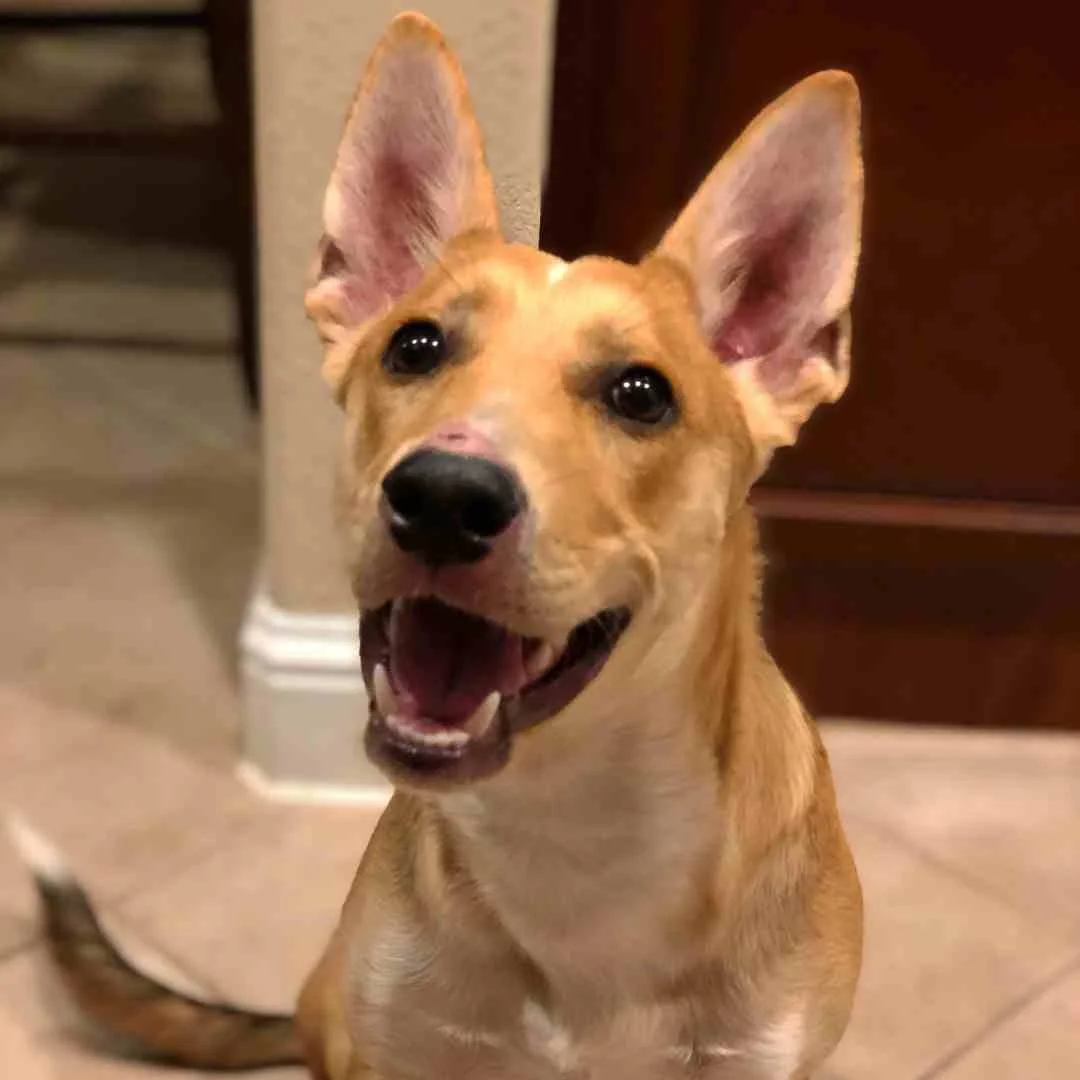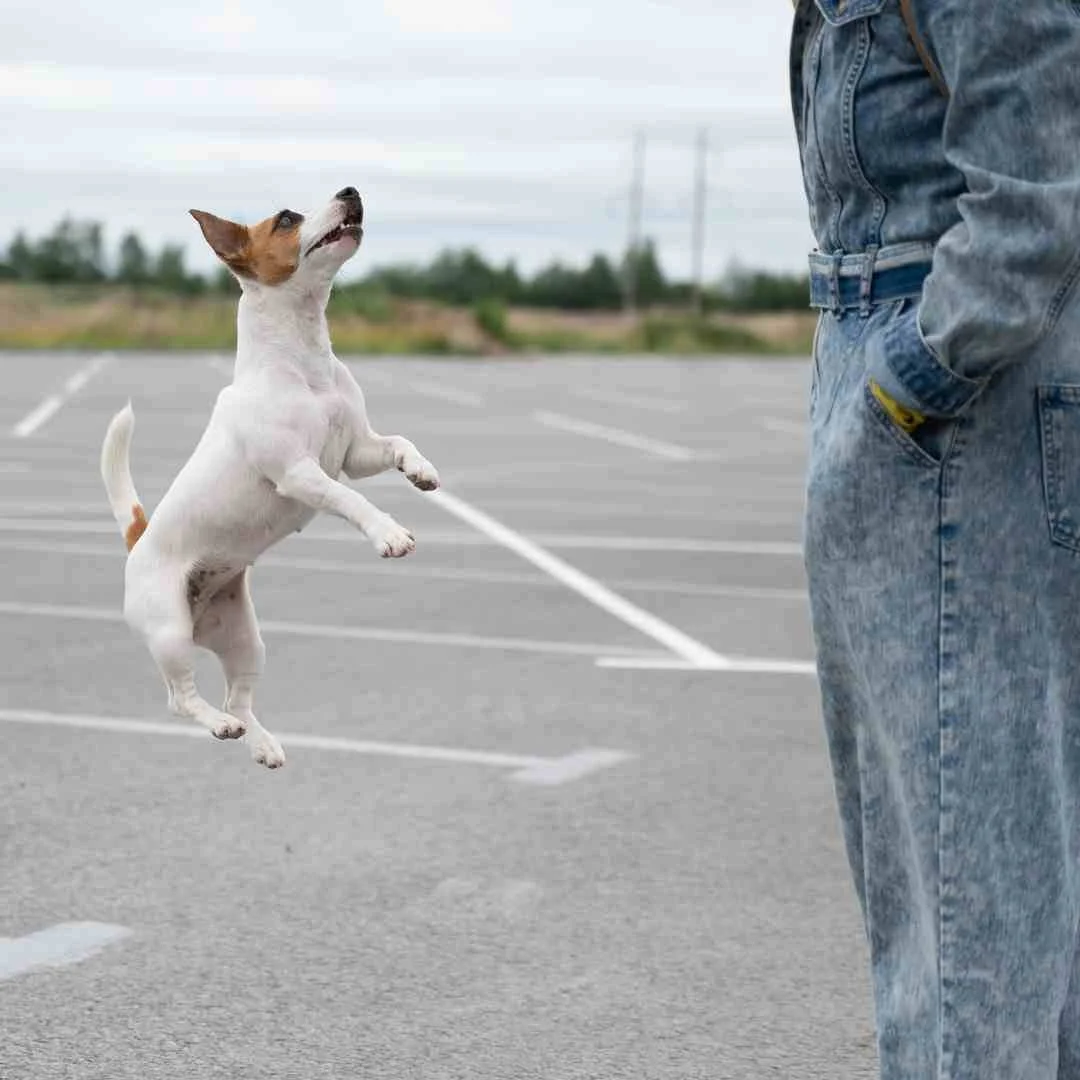How to Calm an Overexcited Dog Down
Being overexcited is not a healthy state for your dog to be in - it can be really stressful for them and you!
Want more insights like this sent straight to your inbox? Click here to get our Free Dog Training Insights.
An over excited dog can cause stress and frustration, for both the dog and their owner! That’s because:
1. Over excited dogs (just like over excited kids!) don’t tend to make the best decisions, so they don’t listen reliably, often make poor behavioural choices and give off an unsettled, anxious, OTT “vibe” which affects those around them (both humans and dogs!) as well.
2. It’s not natural or healthy to be constantly (or even regularly) over excited, for dogs or people.
This article covers:
What an over excited dog looks like.
What’s the problem with an over excited dog?
Why dogs get over excited even when it’s not healthy for them?
How to teach an over excited dog to calm down and relax (including ways that AREN’T mentioned in most articles on over excited dogs!)
What does an over-excited dog look like?
Over excitement in dogs can look like anything from a big “grin” and fast wagging tail, through to wide eyes, barking, whining, pacing, jumping around, and being unsettled or generally a bit crazy.
This might be in response to a specific activity (like a walk, you arriving home, or a favourite toy coming out) or just a general state that certain personalities are prone to.
If your dog regularly gets over excited for whatever reason (personality traits, or in response to certain activities), it’s something that can usually be improved (even if they naturally seem to be an excitable dog), which helps both them and you to lead a happier, calmer life.
What’s the problem when a dog gets over excited?
Overexcitement can often be mistaken as your dog being “happy”
There can be a misconception that it’s “cute” or that an over excited dog is just “happy”, but a happy dog and an over excited dog are very different.
Think about when you’re feeling happy and content. Often, you feel calm, at ease, with a warm feeling and sense of peace.
Sometimes happiness might come in the form of looking forward to an activity, or having fun and goofing around, but it rarely comes with an over-whelming, OTT, “oh my god, oh my god, oh my god” sensation (except maybe if you won lotto!).
What many people perceive as “happiness” in dogs, has actually tipped over into that over excited, over-whelming state, which is actually quite stressful for the dog, as well as the people and dogs around them.
This is because excitement (especially being over excited!) and anxiety are quite closely linked and can easily tip from one into the other. Both tend to result in an elevated heart rate, wide eyes, and feeling amped up and unable to concentrate.
Which is obviously not a state that you (or your dog!) want to be in regularly, or for long periods of time.
So, if your dog is over excited in response to normal, everyday things like walks, toys, food, or just you arriving home, it means they are in an over excited state way more often than is healthy.
If it’s so bad for them, why does my dog get over excited?
You’d think that given is it’s an unhealthy, unpleasant state to be in, that over excited dogs would just stop being over excited, right?
Unfortunately, it’s not that simple (just like how people tend to continue to do activities and behaviours even when they know they aren’t the healthiest option).
Overexcitable dogs have to LEARN how to stay calm - it doesn’t come naturally to them, but it’s usually possible to teach them.
Dogs continue to get over excited (without intervention, which we’ll get to in a minute) because it’s like a drug for them (their brain is programmed to detour to that state, even though it’s not actually healthy or sustainable).
Over excitement can be a habit, that our dog’s brains default to automatically, because that’s the path it’s used to taking. It takes time and training to reset that path to a healthier “destination”.
Your dog might also get too excited because it gets them something they want. If they get over excited and bark at you when you’re about to go for a walk/throw a toy, and it makes you do it faster because you (understandably!) want them to stop barking/stop being a pain in the butt, guess what they’ll do again next time?
Dogs repeat behaviours (and ways of “being”, including being over excited) if they get something they wanted out of doing them.
Finally, dogs get over excited because they just don’t know any different.
Just like if you’re used to rushing around, out of your mind with stress and busyness, it becomes “normal” for you, and you don’t second guess it, because you don’t know any other way of being in that situation.
That doesn’t mean it’s good for you, but you keep doing it anyway until something forces you to reconsider (usually a health scare, burn out, or someone you love saying “enough”).
So, what can you do if your dog gets over excited, to help them learn how to be calmer and improve quality of life for both of you?
How to teach an over excited dog to calm down
Teach your over excited dog self-control
Self-control is like a muscle, the stronger it is, the easier it is for your (once over excitable) dog to stay calm in situations they used to find challenging.
Self-control is your dog’s ability to hold themselves back from doing something, even when they REALLY want to do it.
It helps them to go from over excited, crazy and acting on impulse, to calm, thoughtful and thinking through their options before they act.
A dog with self-control can still cut loose and have fun, but they key thing is they know where the line is, and when to STOP.
The easiest way to think of self-control is like a muscle. You want to build their self-control muscle, until it’s strong enough to hold them back even when they’re REALLY excited.
When you get to that point, they can get excited, but still listen and follow the rules you’ve set for them, because they don’t get over excited, overwhelmed and make poor decisions.
Self-control is something that can be taught, even to dogs who don’t have much (or any!).
Common treat based training methods usually aren’t that successful at teaching self-control that’s strong enough to overcome overexcitement.
This is because they tend to teach dogs that listening is optional (i.e. if they want the treat, they can do the behaviour/listen to the command, but they can also choose not to do the thing if they don’t want the treat enough in that moment, and that’s where the problem lies. I go into this in more detail in our article on how to train your dog without treats.
Stay calm yourself to help your dog stay calm
Being calm yourself can help your overexcited dog learn to be calm too
Dogs are masters at picking up on our emotions and energy. It’s what makes them such amazing pets and family members, but it can also sometimes make them a giant pain in the butt!
If you’re feeling stressed, over-whelmed, or flustered OR you’re equally excited (like when you’ve first arrived home and your dog is going crazy), your dog will pick up on that and mirror those emotions back at you.
If you’re feeling calm, in control and sure of yourself and the situation, your dog will also pick up on that and be far more likely to listen to you and do what you’re asking of them.
Having confidence in what to do when they’re behaving in a way you don’t want is a huge part of being able to stay calm and consistent when your dog is acting over excited, and teach them what you want from them instead in a way they actually understand and listen to (even when they’re excited). We teach the step-by-step process to train your dog to listen and behave (without treats), even when they’re excited, in our online dog training course, Canine Chaos to Calm.
Don’t accidentally reward your dog’s over excitement (SO many people do this without realising)
Giving your dog a toy when they’re over excited or demanding it (like barking at you) accidentally encourages them to do that behaviour more.
Dogs repeat behaviours that get them something they wanted (and they’re less likely to repeat it if the behaviour results in something they DON’T want).
So, if your dog barks crazily at you when it’s time to go for a walk, or they want you to throw a toy, and you continue with the walk, or throw the toy, you’re accidentally rewarding the behaviour you don’t want and encouraging them to do it again.
If your dog is going crazy, pacing, whining, or leaping around, and you talk to them in a happy tone, or pat them/give them attention, you’re again rewarding the state of mind that you don’t want.
So become aware of what your dog’s doing in the moment that you give them anything that might be considered a reward (getting a toy thrown, getting attention, food, getting where they want to go on a walk etc).
If it’s a behaviour or state of mind that you don’t want (like your dog being over excited) then don’t accidentally reward it.
Enforced relaxation/structure to teach an over excited dog HOW to be calm
Dogs who pace, fidget and seem to be in a constant state of movement and activity (often over excitement) ARE capable of learning to chill out and be calm and settled (even if it might not seem like it right now!).
You just have to teach them HOW to be still and calm.
How?
Teach them a non-negotiable “bed”, “place” or “down” command.
Teaching your over excited dog a non-negotiable “bed” command can be super helpful in training them to be calm and relax.
This physically prevents them from pacing (they can’t stay on their bed or in a down command, AND pace around the room/go crazy at the same time!)
Pacing/fidgeting is a self-fulfilling habit, the more they do it, the more they WANT to keep doing it – “an object in motion stays in motion” applies here, too.
So, to teach them to stop pacing, fidgeting and being generally over excited, you need a non-negotiable command that prevents them from doing that, to teach them a new way of “being”.
The problem is, the way most people teach these commands, accidentally teaches their dog that the commands are negotiable.
They ask the dog to do them, but don’t have any way of reinforcing that their dog actually listens reliably, or that they stay there until they’re told they can go.
Which means that if their dog doesn’t feel like doing it in the moment (which they won’t, if they’re over excited, or used to pacing and fidgeting!), then they ignore the request and carry on with their pacing, fidgeting and over excitement.
So your commands need to non-negotiable to be able to override your dog’s automatic habits and teach them a new behaviour (that feels really weird to them, because they’re not used to being calm and still in that situation!). (We teach the step by step system to get your dog to listen to non-negotiable “down” and “bed” commands in our online dog training course, Canine Chaos to Calm).
Making them settle and stay still even if they don’t want to, creates a new pathway in their brain, which leads them towards being chilled and calm (or at least STILL) in that situation where they usually go crazy.
The more they practice that option, the more the pathway in their brain becomes a habit, until it’s easier and more natural for them than going crazy is (hard to believe right now, I know, but with the right training, amazing things are possible!)
Part of the problem with an over excited dog is they just don’t know what to do. Their brain is going a million miles an hour, and they’re overwhelmed by all the options.
Giving them a command “like “bed” or “down” and ensuring that they stay there until you release them, gives them a task to concentrate on.
Which means it gives them something to DO with all that anxious, over excited energy, and allows them to channel it into something more productive (concentrating on staying still, even when they really want to move).
Which leads into the final point for calming down an over excited dog…
Why Rules and boundaries work magic for an over excited dog
Without firm rules and boundaries to guide them, dogs can feel like the world’s on their shoulders - the endless options are overwhelming.
When dogs are stressed, feeling directionless and over-whelmed, they just want someone to tell them what to do! (they might not realise this in the moment, but it’s true!)
Having someone to call the shots takes the world off their shoulders and helps them to relax and just enjoy the ride.
Having a million options available all at once (many of which are bad for your health, either mental or physical) and having no idea which way to turn or what to do first, is really stressful and overwhelming, for both dogs and people.
It’s also the situation many dogs find themselves in when they’re not given any rules, boundaries or structure (or if the rules they ARE given are negotiable or optional, and therefore really just “suggestions” rather than rules).
Which is why having non-negotiable rules and boundaries that keep dogs safe and in a healthy headspace, make them feel far more secure, confident and happy than giving them free reign.
Summary
Just like us, dogs have ups and downs in their emotional state – they’re never going to be in a calm “zen” state 24/7, especially if there are exciting life things happening all around them.
They’re not machines, and can have good days and bad days, just like we do.
In saying that, the majority of pet dogs are over excited and over whelmed far more often than they need to be, and using the techniques mentioned in this article to help your over excited dog to calm down will help improve life for both them and you!
FAQ about over excited dogs
-
Teach them self-control, so they can contain themselves even when they’re REALLY excited and distracted (rather than them just operating on impulse and going crazy).
Teach them to relax even when they want to fidget with a non-negotiable “bed” command, and stay calm yourself so you don’t add to their over excitement.
-
Generally, no, they don’t. Maturity HELPS (just like kids, puppies tend to be less in control of their emotions than adults), but over excitement is a habit and can actually get worse over time if you don’t train them how to be calm in the situations that make them over excited.
-
Wide eyes, panting, fidgeting, leaping/bouncing/jumping around, barking, frantically wagging tail, impulsive actions and behaviours.









